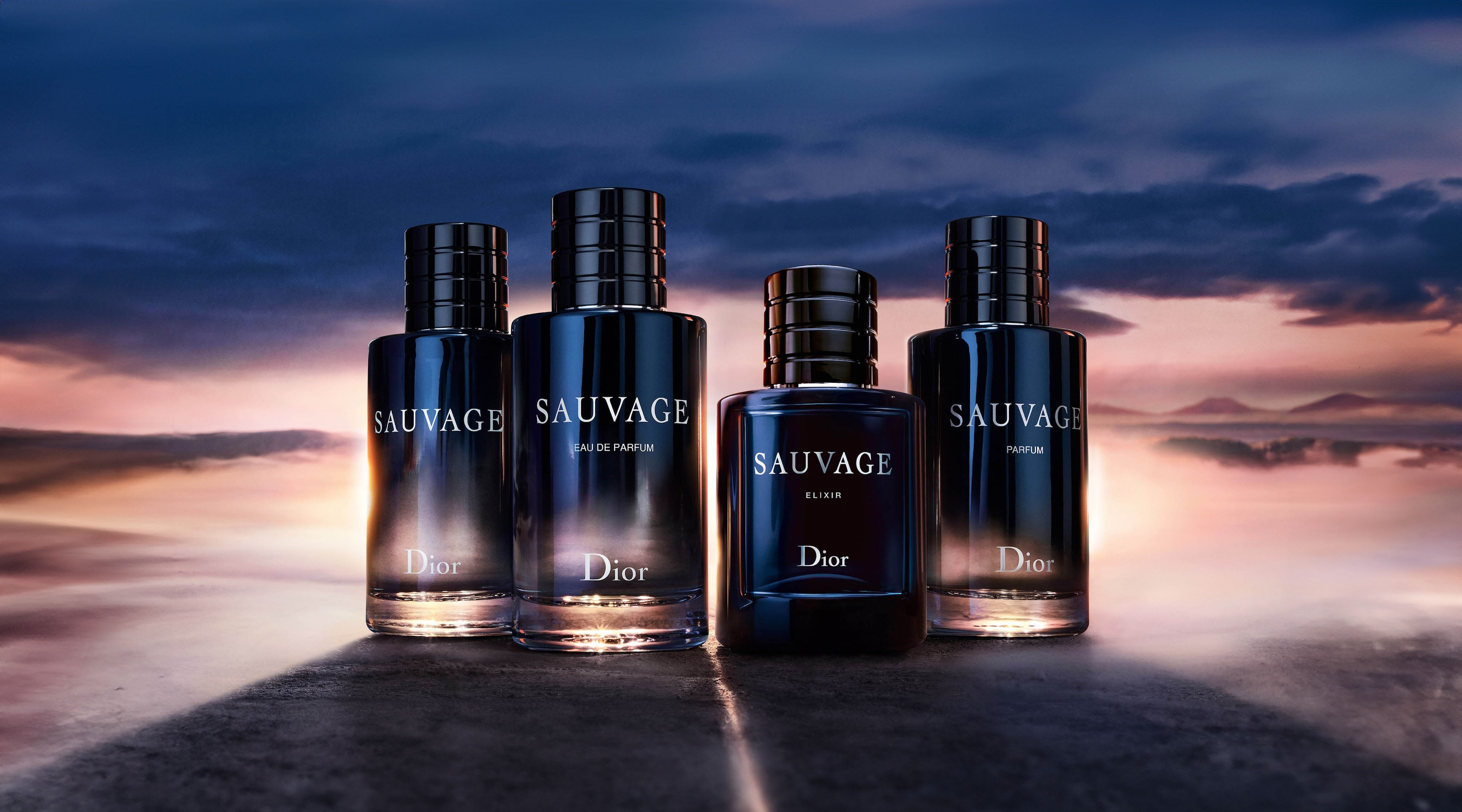In recent years, the fashion industry has faced increasing scrutiny over its environmental and social impacts. Concerns about pollution, waste, and unethical labor practices have led to a growing demand for sustainable and ethical fashion. As consumers become more conscious of their purchasing choices, a new wave of fashion brands is emerging, dedicated to sustainability and ethical production. This essay explores the rise of ethical fashion brands, highlighting key companies that are leading the charge in supporting sustainability and style.
The Rise of Ethical Fashion
Ethical fashion is a movement that prioritizes the well-being of people, animals, and the planet. It encompasses various aspects of the fashion industry, including sustainable sourcing of materials, fair labor practices, cruelty-free products, and environmentally friendly manufacturing processes. The rise of ethical fashion is a response to the detrimental effects of fast fashion, which often prioritizes low cost and rapid production at the expense of ethical considerations.
Fast fashion’s reliance on cheap materials and labor has significant environmental and social repercussions. The industry is one of the largest polluters, contributing to water pollution, textile waste, and greenhouse gas emissions. Additionally, many fast fashion brands have been criticized for poor working conditions and unfair wages in their supply chains. In contrast, ethical fashion brands strive to create high-quality products that minimize harm and promote positive social and environmental impact.
Key Ethical Fashion Brands to Watch
Several fashion brands are making significant strides in promoting sustainability and ethical practices. These companies serve as examples of how fashion can be both stylish and responsible.
1. Patagonia
Patagonia is a pioneer in sustainable fashion and a leading advocate for environmental responsibility. Founded in 1973, the company is known for its high-quality outdoor clothing and commitment to environmental activism. Patagonia uses recycled materials in its products, such as polyester from discarded plastic bottles and wool from reclaimed garments. The company also supports fair labor practices and transparency in its supply chain, ensuring that workers are treated ethically.
One of Patagonia’s notable initiatives is its “Worn Wear” program, which encourages customers to repair, reuse, and recycle their clothing. This program promotes a circular economy, reducing waste and extending the lifespan of garments. Additionally, Patagonia donates a portion of its profits to environmental causes, supporting grassroots organizations that work to protect the planet.
2. Stella McCartney
Stella McCartney is a luxury fashion brand renowned for its commitment to sustainability and animal welfare. As a lifelong vegetarian, Stella McCartney has never used leather, fur, or exotic skins in her designs. Instead, the brand utilizes innovative, eco-friendly materials such as vegetarian leather, organic cotton, and recycled textiles.
Stella McCartney also prioritizes ethical production, working with suppliers who adhere to high standards of labor rights and environmental protection. The brand’s dedication to sustainability extends to its operations, with efforts to minimize waste, reduce carbon emissions, and promote energy efficiency. Stella McCartney’s collections prove that luxury fashion can be both ethical and chic.
3. Everlane
Everlane is a direct-to-consumer fashion brand that emphasizes transparency and ethical manufacturing. The company is committed to “Radical Transparency,” providing customers with detailed information about the costs and production processes behind each product. Everlane works with ethical factories around the world, ensuring fair wages, safe working conditions, and reasonable hours for workers.
In addition to its commitment to ethical labor practices, Everlane focuses on sustainability. The brand has introduced initiatives to reduce plastic use, such as its “No New Plastic” policy, and has launched a line of products made from recycled materials. Everlane’s clean, minimalist designs offer timeless style that aligns with sustainable values.
4. Reformation
Reformation is a fashion brand that combines sustainability with on-trend designs. The company is known for its stylish and eco-friendly clothing, made from sustainable materials such as organic cotton, Tencel, and recycled fabrics. Reformation’s manufacturing processes prioritize resource efficiency, reducing water use, energy consumption, and waste.
Transparency is a core value for Reformation, which shares information about the environmental impact of each product through its “RefScale” tool. This tool calculates the carbon dioxide emissions, water use, and waste generated by the production of each garment, allowing customers to make informed choices. Reformation’s commitment to sustainability extends to its retail operations, with eco-friendly practices in its stores and offices.
5. People Tree
People Tree is a pioneer in fair trade and sustainable fashion. Founded in 1991, the brand is dedicated to supporting marginalized artisans and farmers in developing countries. People Tree’s collections feature handmade, ethically produced clothing and accessories, made from organic cotton, natural fibers, and environmentally friendly dyes.
The brand works closely with fair trade organizations to ensure that workers receive fair wages, safe working conditions, and opportunities for community development. People Tree’s commitment to ethical production is complemented by its efforts to promote sustainability, including minimizing waste, reducing carbon emissions, and using biodegradable packaging.
The Impact of Ethical Fashion
Ethical fashion brands are not only transforming the industry but also influencing consumer behavior and societal values. By prioritizing sustainability and ethical practices, these brands demonstrate that fashion can be a force for good. The impact of ethical fashion extends beyond individual companies, contributing to broader changes in the industry and society.
1. Environmental Benefits: Ethical fashion brands play a crucial role in reducing the environmental impact of the fashion industry. By using sustainable materials, promoting recycling, and minimizing waste, these companies help to conserve resources and protect ecosystems. Additionally, their efforts to reduce carbon emissions and energy use contribute to the fight against climate change.
2. Social Benefits: Fair labor practices and ethical production standards ensure that workers are treated with dignity and respect. Ethical fashion brands support safe working conditions, fair wages, and opportunities for economic empowerment, particularly in developing countries. These practices help to address the exploitation and inequality often associated with the fashion industry.
3. Consumer Awareness: Ethical fashion brands raise awareness about the social and environmental impacts of fashion, encouraging consumers to make more conscious choices. By providing transparency and education, these brands empower customers to support sustainable and ethical practices. This shift in consumer behavior can drive demand for more responsible fashion, influencing the industry as a whole.




